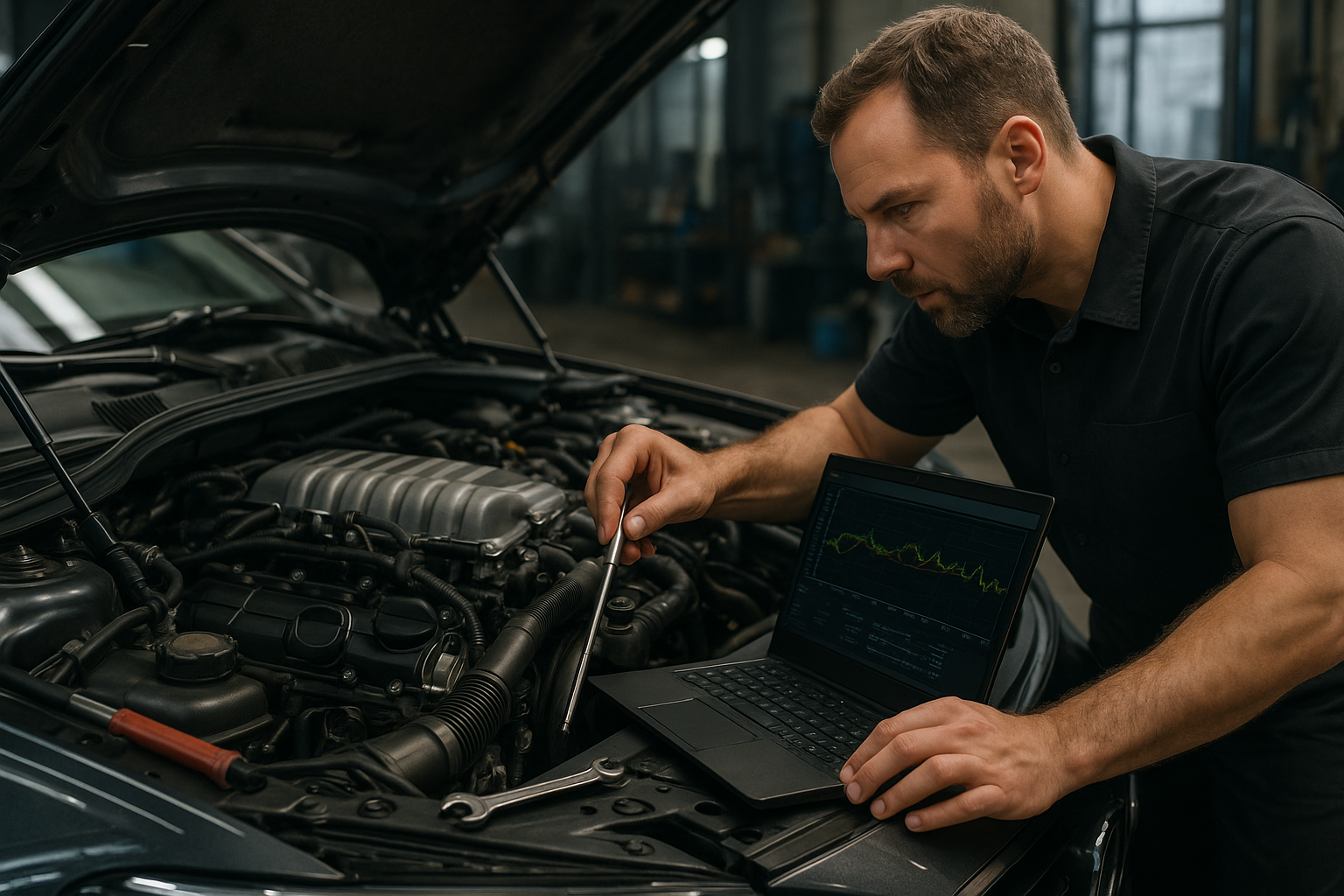Engine Repair Training: Programs, Credentials, Career Paths
Engine repair training prepares technicians to diagnose, maintain, and rebuild internal combustion and modern powertrain systems. Programs range from short certificate courses focused on specific skills to multi-year diploma or apprenticeship routes that combine classroom theory with hands-on practice. Understanding program types, credential value, and practical pathways helps aspiring technicians plan a realistic route into the trade.

What does a school program cover?
School-based programs at community colleges and vocational schools typically combine classroom instruction with laboratory practice. Core topics include engine fundamentals, fuel and ignition systems, electrical diagnostics, emissions control, and basic shop safety. Many programs also teach reading technical manuals, using diagnostic scanners, and interpreting manufacturer service information. A structured school environment offers guided learning, access to equipment, and opportunities to earn transferable credits or recognized credentials.
How do apprenticeships work?
Apprenticeships pair on-the-job training with related instruction and are often offered by dealerships, independent shops, or trade unions. An apprentice works under experienced technicians, gradually taking on more complex tasks while attending classes or workshops. This model emphasizes real-world problem solving, workflow management, and customer communication. Apprenticeships may last two to five years and can include assessments that count toward recognized certifications or journeyperson status in some regions.
What are diploma options?
Diploma programs in engine repair or automotive technology are usually more comprehensive than short certificates and often span one to two years. Diplomas cover broader systems—engine performance, transmissions, drivetrains, HVAC, and vehicle electronics—while also incorporating general education elements like mathematics and communication. Graduates often leave with a deeper technical foundation that supports roles in diagnostics, supervisory positions, or further specialization in areas such as diesel engines or hybrid systems.
Are certificates useful for engine repair?
Certificate programs are typically short, focused courses that target specific skills—e.g., fuel injection, engine rebuilding, or emissions testing. Certificates can be useful for entry-level work or for experienced technicians adding a new competency. Employers may value certificates when they correspond to up-to-date technologies or manufacturer-specific training. Certificates are also common as continuing education for technicians needing to keep pace with evolving engine technologies and regulatory requirements.
What engine skills are taught?
Training emphasizes both mechanical and diagnostic skills. Mechanical skills include disassembly/reassembly, measuring tolerances, machining basics for rebuilds, and proper torque and assembly techniques. Diagnostic skills cover reading fault codes, using oscilloscopes and multimeters, pressure testing, and interpreting sensor data. Soft skills—communication, documentation, and workflow efficiency—are also taught because they affect job performance and customer satisfaction. Training increasingly includes hybrid and electric vehicle fundamentals as powertrain technology diversifies.
Where to find local services and placements?
Many programs partner with local services such as dealerships, repair shops, and fleet maintenance operations to provide internships, co-op placements, or job-shadowing. Contacting vocational schools, community colleges, or trade associations in your area can reveal placement opportunities and employer-supported apprenticeships. Online job boards and industry events often list openings for trainees and entry-level technicians. When evaluating placement options, consider the shop’s equipment, the breadth of work, and mentorship availability.
Conclusion
Engine repair training spans a variety of formats—school programs, apprenticeships, diplomas, and certificates—each suited to different career goals and timeframes. Choosing between them depends on how much classroom instruction versus hands-on experience you want, the specific engine technologies you wish to work on, and local employment opportunities. A combination of formal training and practical experience tends to provide the most adaptable foundation for work on today’s diverse engine systems.





